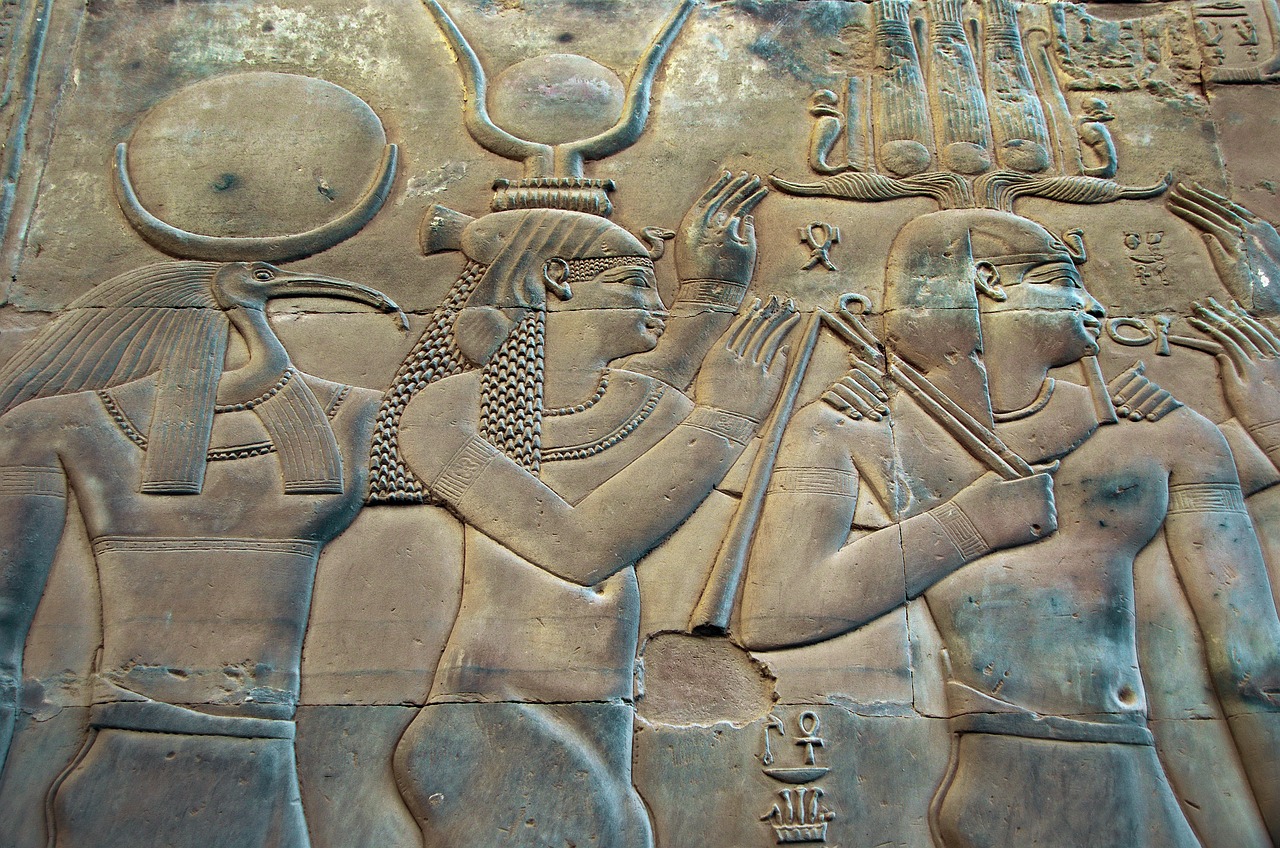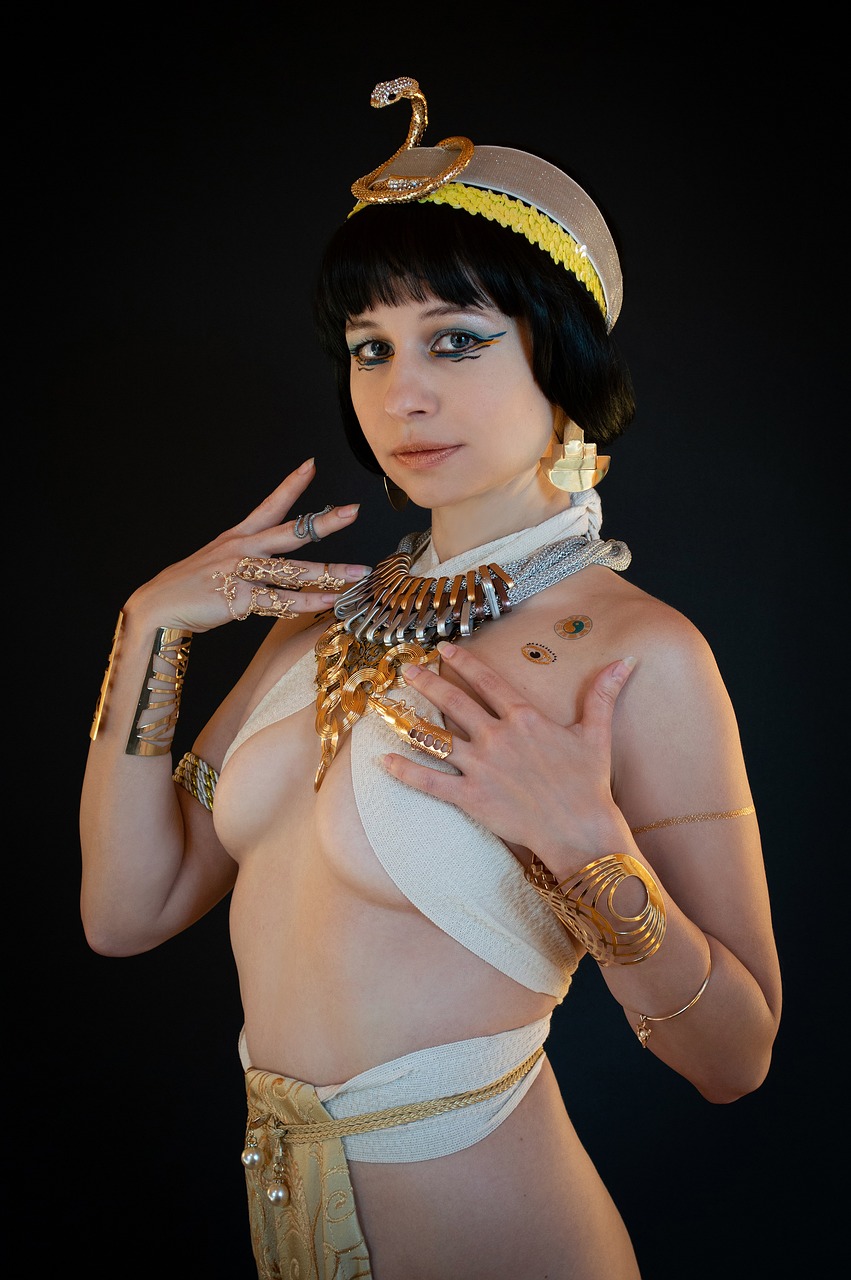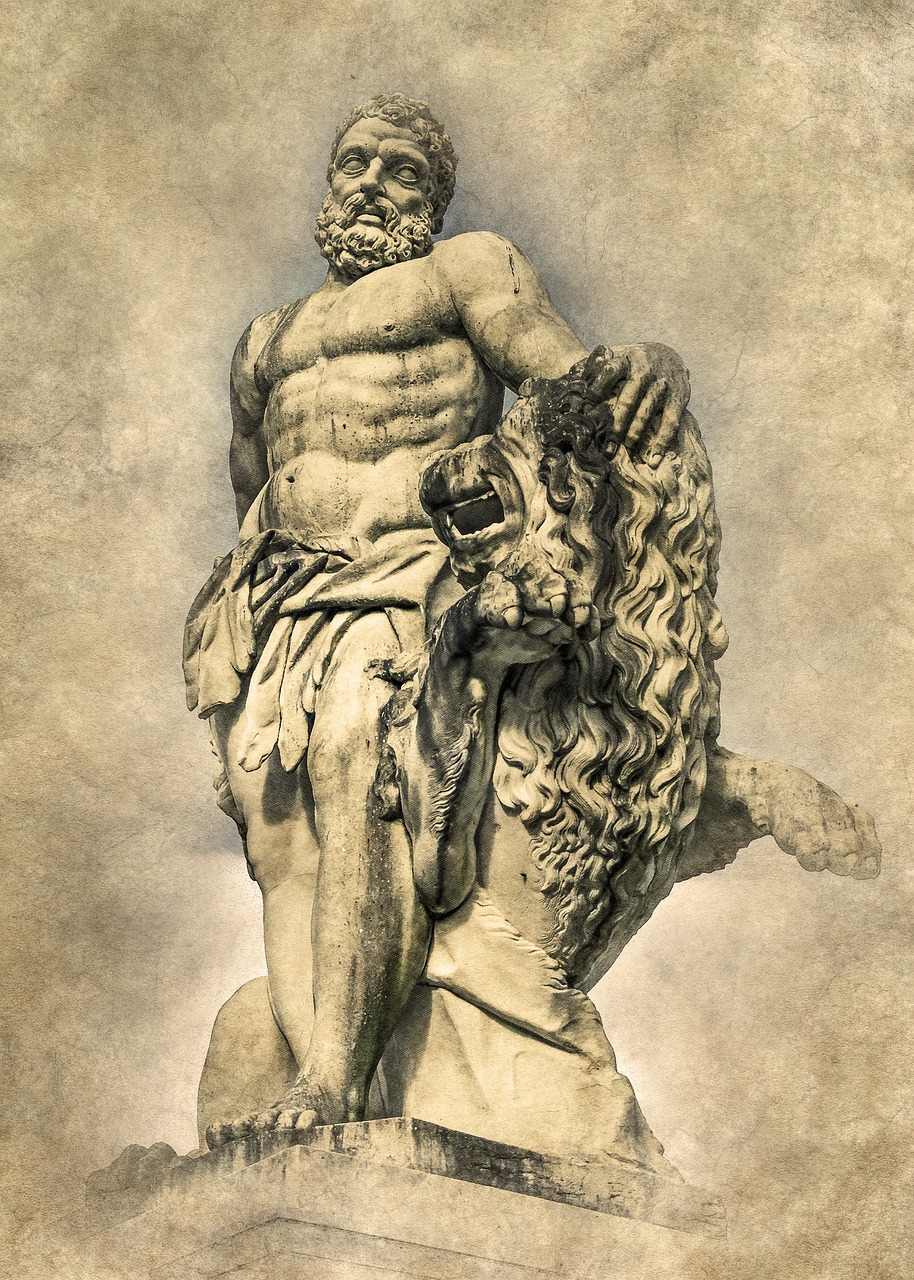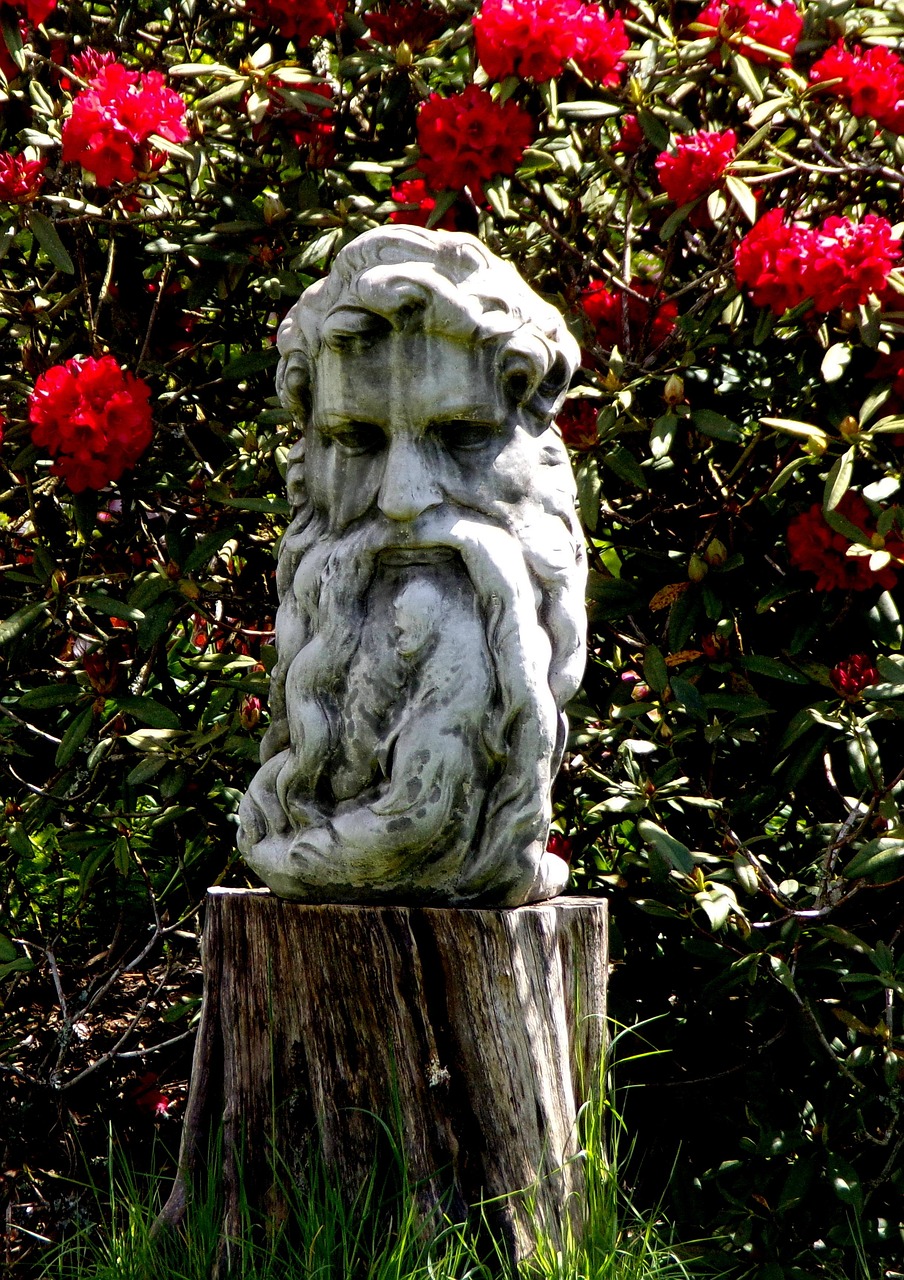Mythology
-

Thoth, the Egyptian deity revered for wisdom, writing, and knowledge, occupies a prominent place in ancient mythology. Whether you are a student of history, a lover of myths, or simply inquisitive about past civilizations, exploring Thoth’s significance can enhance your comprehension of the cultural and spiritual beliefs of ancient Egyptians. Who is Thoth in Ancient…
-

The tale of Jason and the Golden Fleece represents one of the most ancient narratives of a hero’s expedition. It embodies a classic storyline filled with themes of betrayal and revenge, culminating in a sorrowful conclusion. The saga begins when Jason’s uncle, Pelias, murders Jason’s father, the king of Iolkos, seizing control of the throne.…
-

Ancient Egyptian religion refers to the spiritual beliefs and practices that were part of the societal framework of ancient Egypt, dating back to as early as the 4th millennium BCE and continuing until the decline of traditional culture in the first centuries CE. Understanding these religious paradigms requires contextualizing them within the extensive history of…
-
Discovering the Magic of Dukkah: A Flavorful Egyptian Blend Straight from the heart of Egypt, I’m excited to share with you the art of making dukkah—an alluring mix of nuts, seeds, and spices that’s both fragrant and delicious. This quick-to-prepare recipe can be kept on hand for various uses such as a savory snack with…
-

Hercules: The Myth of the Struggling Hero Hercules, a notable figure in mythology, was not a god but a mortal born to a complex lineage. His father, Zeus, held dominion over the Greek pantheon, while his mother, Alcmene, was the granddaughter of Perseus, the famed slayer of Medusa, another of Zeus’s offspring. The constellation named…
-

Erebus, in ancient Greek mythology, represents the deity associated with a shadowy domain of the underworld and serves as the embodiment of darkness itself. This primordial figure is traced back to the Greek creation narrative, where he is recognized as a descendant of Chaos, which also is the origin of his spouse, Nyx, the embodiment…
-

The Story of Chiron: The Wise Centaur In the epic “Iliad,” Homer refers to Chiron as the most knowledgeable and fair of all centaurs. His tale begins with a tragic background, tied to the cruel fate of his father Cronus, the Titan god, who consumed each of his offspring at birth to prevent being overthrown.…
-

A Journey into the Myth of Dionysus Dionysus, often recognized as the God of Wine, Ecstasy, and Theatre, occupies a distinctive position within the rich tapestry of Greek mythology. This exploration into the life and representations of Dionysus reveals a deity steeped in both celebration and caution, encapsulating the dual forces of joy and chaos…
-
Exploring the Distinct Identities of Heket and Hekate Since becoming a Heketean in 2008, I have encountered the tendency to conflate Heket and Hekate early in my studies, which has long puzzled me. While their similarities in etymology are evident, I felt that any suggested parallels were largely superficial. After creating a brief analysis on…
-

Pomona, also known as Pompona, stands as the Roman goddess symbolizing abundance, with a focus on fruit-bearing trees, gardens, and orchards. Regarded as a minor deity, her symbol was the pruning knife. Some narratives even portray her as a wood nymph rather than a traditional goddess. Historical Background As a uniquely Roman entity, Pomona presided…


